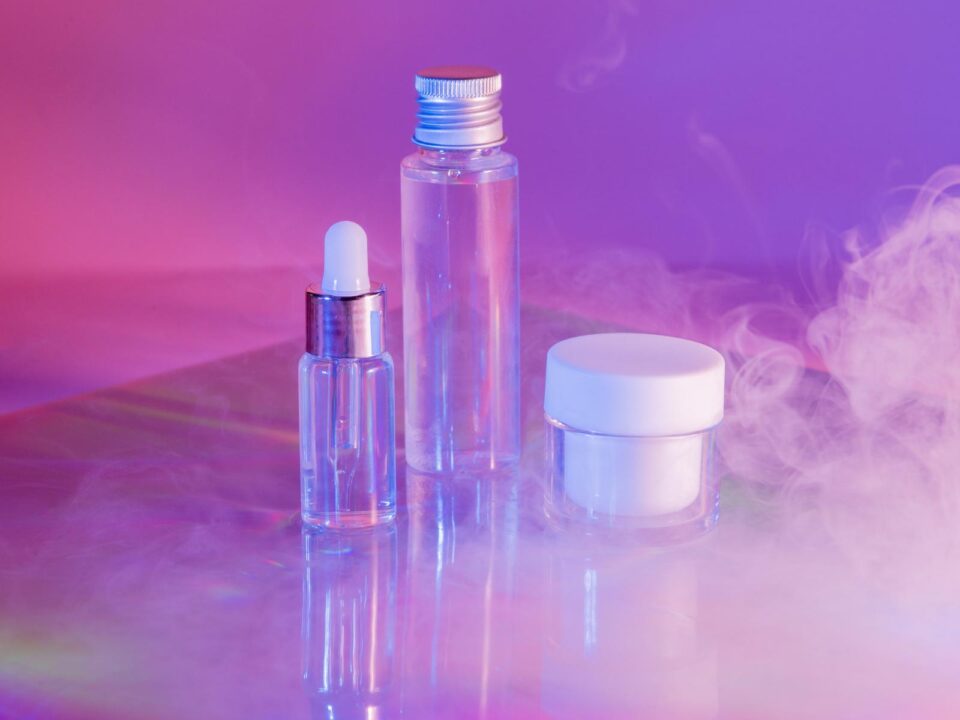How Private Labeling Can Help Small Businesses Compete with Big Brands

The Benefits of Private Label Cosmetics for New Beauty Brands
March 26, 2025
Why Dermatologist-Tested Products Are in High Demand
May 27, 2025Introduction
The beauty and personal care industry is dominated by big brands with massive marketing budgets, extensive distribution networks, and strong brand recognition. For small businesses, competing in such a highly saturated market can be challenging. However, private labeling presents a powerful opportunity for small businesses to establish themselves and compete effectively with major brands.
Private label manufacturing allows businesses to create high-quality, customized products under their own brand name without the need for expensive production facilities. This approach offers numerous benefits, from cost-effectiveness to brand exclusivity, making it an ideal solution for emerging beauty brands looking to scale and thrive.
What is Private Labeling?
Private labeling refers to the process where a manufacturer produces products that are then branded and sold under a different company’s name. Instead of investing in costly product development, small businesses can leverage existing formulations and customize them to fit their brand’s identity. This allows for quicker market entry and reduced production risks.
Private labeling is widely used in the beauty industry, covering skincare, haircare, cosmetics, and personal care products. With the rise of e-commerce and niche beauty trends, private labeling has become an attractive option for entrepreneurs looking to build a distinct brand.
Benefits of Private Labeling for Small Businesses
1. Lower Production Costs
One of the biggest advantages of private labeling is cost efficiency. Developing and manufacturing beauty products from scratch requires significant investment in research, development, and testing. Private label manufacturers already have formulations in place, reducing production costs while maintaining high-quality standards.
2. Faster Time to Market
Developing a product from concept to launch can take months or even years. Private labeling streamlines this process by providing pre-tested formulations that can be quickly customized and branded. This allows small businesses to launch products faster, keeping up with beauty trends and customer demands.
3. Customization and Brand Identity
Private labeling gives small businesses the flexibility to customize products to align with their brand’s identity. From packaging and labeling to ingredient selection and fragrance choices, businesses can create unique products that stand out in the market. This exclusivity helps establish a loyal customer base.
4. Quality Assurance and Compliance
Reputable private label manufacturers adhere to industry standards and regulatory requirements, ensuring that the products meet safety and quality guidelines. This reduces the burden on small businesses to navigate complex compliance processes, allowing them to focus on branding and marketing.
5. Scalability and Business Growth
Small businesses often struggle with scaling due to limited resources. Private labeling allows brands to expand their product offerings without major financial risk. As demand grows, businesses can introduce new products, diversify their line, and cater to a wider audience.
6. Competitive Pricing and Higher Profit Margins
Private label products often have lower production costs compared to developing products from scratch. This allows businesses to offer competitive pricing while maintaining healthy profit margins. With strategic marketing and branding, small businesses can position themselves as premium alternatives to big brands.
7. Flexibility in Product Launches
Unlike big brands that require extensive research before launching new products, private labeling provides small businesses with the flexibility to test and introduce new products more quickly. This enables them to capitalize on emerging beauty trends and respond to changing consumer preferences.
How to Succeed with Private Labeling
1. Choose the Right Private Label Manufacturer
Selecting a reputable manufacturer is crucial to ensuring product quality and reliability. Look for a manufacturer with experience in your niche, a strong portfolio, and the ability to meet regulatory standards.
2. Develop a Strong Brand Identity
Your branding should reflect your unique selling proposition (USP). Invest in eye-catching packaging, professional product photography, and a compelling brand story to create an emotional connection with your audience.
3. Focus on Quality and Innovation
While affordability is an advantage, quality should never be compromised. Ensure that your products contain high-quality, skin-safe ingredients and offer real benefits to customers.
4. Leverage Digital Marketing and Social Media
Competing with big brands requires strong digital marketing strategies. Utilize social media, influencer collaborations, and content marketing to build brand awareness and connect with your target audience.
5. Offer Excellent Customer Service
Providing exceptional customer service can set your brand apart. Engage with customers, address concerns promptly, and encourage feedback to improve your product offerings.
Conclusion
Private labeling offers small businesses a unique opportunity to compete with big brands by providing high-quality, customizable products at a lower cost. With the right strategy, branding, and marketing approach, small businesses can carve out a successful niche in the beauty industry and build a loyal customer base.
By leveraging private label manufacturing, emerging beauty brands can confidently enter the market, scale efficiently, and establish themselves as strong competitors in the ever-growing beauty industry.





